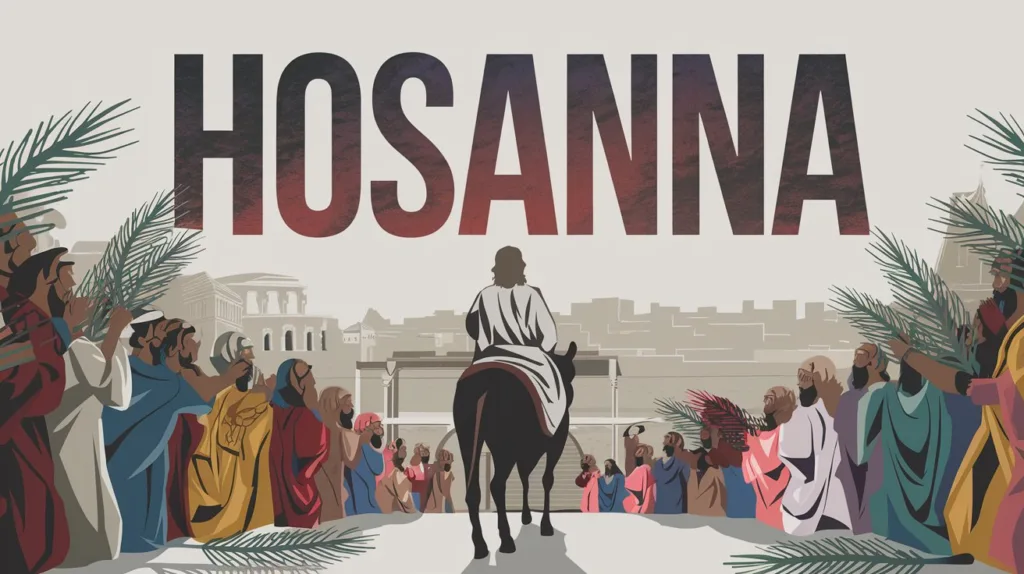Shiloh is first mentioned in Joshua 18:1, where the tabernacle of meeting was set up after the Israelites entered the Promised Land. It became the central place of worship and the religious center for Israel during the time of the judges. The Ark of the Covenant remained there for many years, and the people gathered at Shiloh for major feasts and sacrifices.
It was at Shiloh that the land was divided among the tribes of Israel by lot under Joshua’s leadership (Joshua 18:8–10). Shiloh also served as a location where people could seek the Lord. In 1 Samuel 1, Hannah prayed earnestly for a child at the tabernacle in Shiloh, and her prayer was answered with the birth of Samuel. Eli the priest and his two sons, Hophni and Phinehas, ministered there (1 Samuel 1:3).
As Samuel grew, he ministered before the Lord at Shiloh, and God revealed Himself to him there (1 Samuel 3:21). However, Shiloh later became a place of judgment due to the corruption of Eli’s sons, who treated the offerings of the Lord with contempt. The Ark of the Covenant was taken from Shiloh into battle against the Philistines and was captured, which led to great mourning (1 Samuel 4:3–11).
Shiloh’s decline was marked by the loss of the Ark and God’s judgment upon the priesthood of Eli. In later references, the prophets Jeremiah and Psalm 78 recall Shiloh as a place forsaken by God because of Israel’s disobedience (Jeremiah 7:12–14; Psalm 78:60).
Additionally, Genesis 49:10 contains a prophecy given by Jacob: “The scepter shall not depart from Judah… until Shiloh comes.” This verse is often interpreted as a Messianic prophecy, referring to the coming of the one to whom the right of kingship belongs, namely Christ.
Shiloh thus represents both the presence of God among His people and the consequences of spiritual corruption. It serves as a warning and a reminder that God’s favor rests upon faithfulness and obedience.





 Get the book that teaches you how to evangelize and disarm doctrines from every single major cult group today.
Get the book that teaches you how to evangelize and disarm doctrines from every single major cult group today.